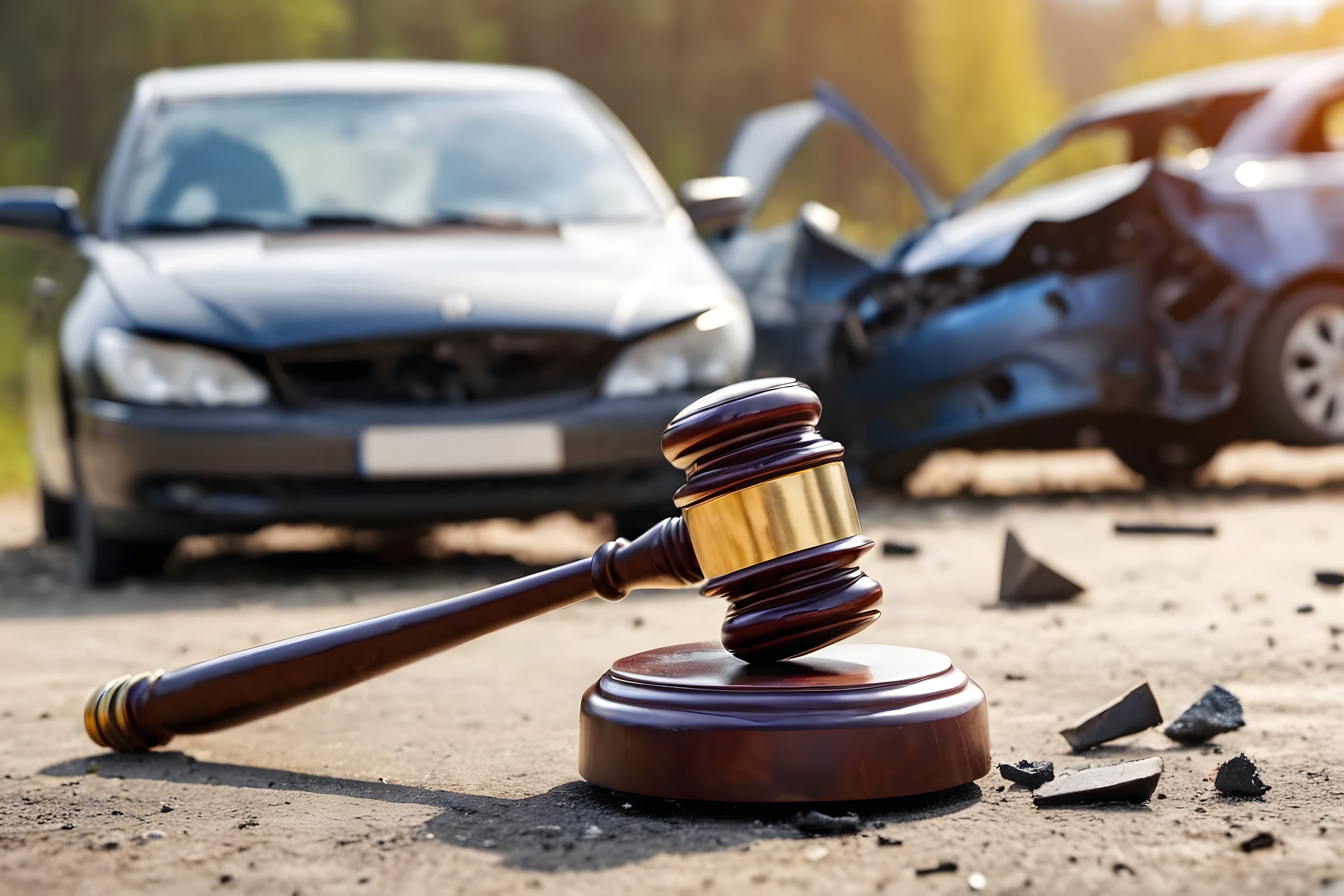


Learn how Wisconsin’s comparative negligence law affects car accident claims and how Trial Lawyers of Wisconsin helps victims recover fair compensation even when fault is disputed.
Car accidents are rarely simple. In many cases, both drivers share some degree of fault — but that doesn’t mean victims lose their right to compensation. Wisconsin’s comparative negligence law allows injured people to recover damages even when they’re partially responsible for the crash.
However, insurance companies often misuse this law to reduce or deny payments, arguing that you were “more at fault” than you really were. Understanding how comparative negligence works — and having an experienced attorney to protect your rights — can make the difference between a fair settlement and no recovery at all.
At Trial Lawyers of Wisconsin, we’ve helped injured drivers and passengers across the state for more than 30 years. Our attorneys know how to challenge unfair fault assignments and ensure clients receive the full compensation they deserve.
Here’s what every Wisconsin driver should know about comparative negligence — and how it impacts your car accident claim.
Comparative negligence is a legal principle that determines how fault is shared when more than one party contributes to an accident. Instead of one person being entirely to blame, the law recognizes that multiple drivers may each bear some responsibility.
Wisconsin follows a modified comparative negligence rule, which means:
Your total damages are reduced by your percentage of fault. For example:
This rule is designed to be fair — but in practice, insurance companies use it aggressively to minimize payouts.
After a crash, insurance adjusters quickly look for ways to shift blame. Even a small statement like “I didn’t see the other car” or “I was going a little fast” can be twisted into evidence of fault.
Common tactics insurers use include:
Each percentage point matters — because every increase in assigned fault means less compensation in your pocket.
At Trial Lawyers of Wisconsin, we counter these tactics with hard evidence, witness interviews, and expert analysis to accurately establish what really happened.
Understanding real-world examples can help illustrate how this law works:
Driver A stops suddenly at a yellow light. Driver B is following too closely and rear-ends Driver A.
Driver A runs a red light while Driver B is speeding. Both actions contribute to the collision.
These examples show why it’s critical to have legal representation that can prove the other driver’s greater share of negligence.
Proving fault requires strong, reliable evidence. Our attorneys at Trial Lawyers of Wisconsin use every available tool to build your case, including:
This detailed investigation ensures your fault percentage is minimized — maximizing your recovery.
Comparative negligence directly affects how much money you can recover. Insurance companies often start with a low settlement offer, claiming you were partially responsible.
For example:
At Trial Lawyers of Wisconsin, we prepare every case as if it’s going to trial, giving us leverage in negotiations and often leading to significantly higher settlements.
In multi-vehicle collisions, comparative negligence becomes even more complex. Fault must be divided among all involved parties — sometimes including commercial drivers, government entities, or road maintenance contractors.
For example, in a chain-reaction crash:
Each driver’s insurance company will attempt to minimize its share of liability, leading to long, complicated disputes. Our attorneys manage these cases with precision, ensuring fault is assigned accurately and fairly.
Even after an accident, Wisconsin law expects victims to take reasonable steps to reduce further harm — this is called the duty to mitigate.
Examples include:
If an insurer can show that you failed to mitigate damages, they may try to reduce your award. Our firm ensures all documentation shows that you acted responsibly and that your losses were unavoidable consequences of the crash.
Insurance companies have teams of lawyers and adjusters whose sole purpose is to reduce payouts. At Trial Lawyers of Wisconsin, we level the playing field.
Our attorneys:
We’ve recovered over $100 million for Wisconsin clients by standing firm against corporations and insurers that try to avoid accountability.
Even if you share some blame, you may still recover compensation for:
The key is proving that the other driver’s negligence outweighed yours — something our attorneys excel at.
Since 1990, Trial Lawyers of Wisconsin has built a reputation for integrity, preparation, and relentless advocacy. We don’t settle cases cheaply — we build them to win.
When you hire us, you get:
We believe in restoring balance to the world by holding negligent drivers and powerful insurers accountable.
Wisconsin’s comparative negligence law can seem confusing — and insurers count on that confusion to pay you less. But with the right evidence and legal strategy, you can still recover the compensation you deserve.
At Trial Lawyers of Wisconsin, we know how to challenge unfair fault assignments and fight for your full recovery.
If you’ve been injured in a car accident anywhere in Wisconsin, contact us today for a free consultation. We’ll explain your rights, protect your interests, and ensure justice is on your side.